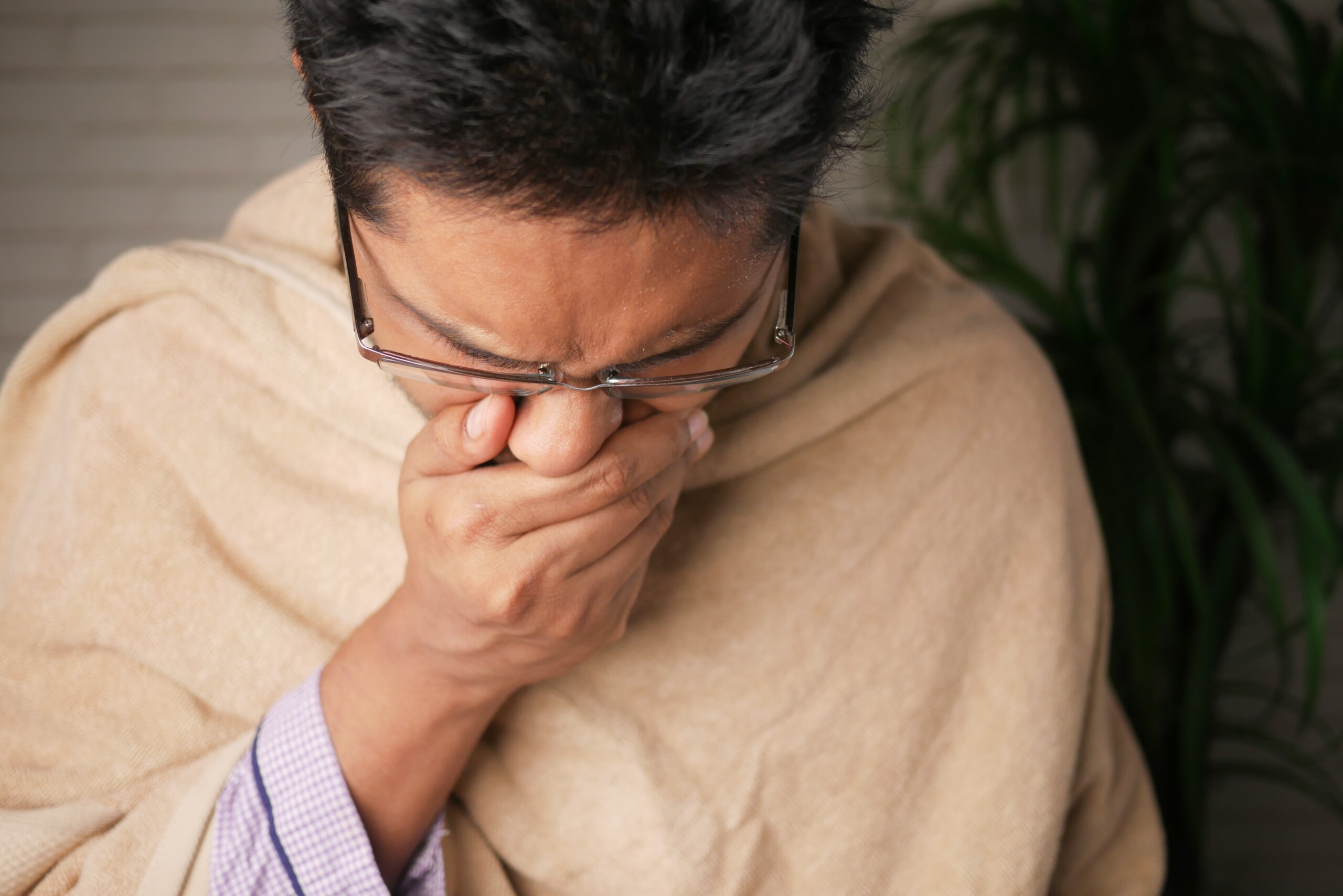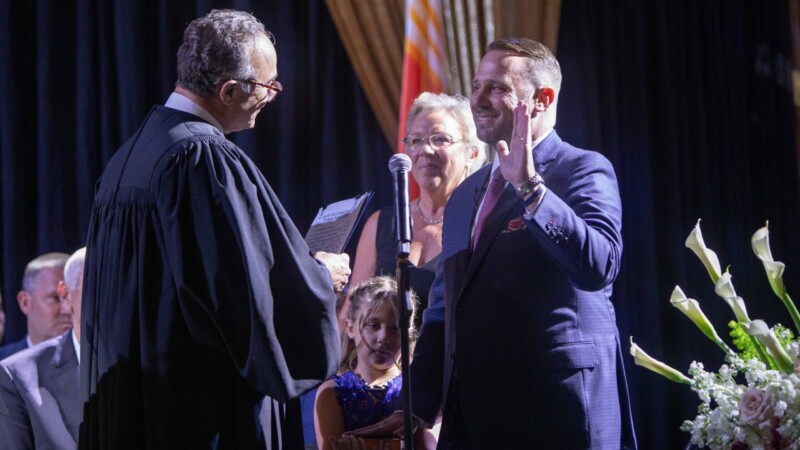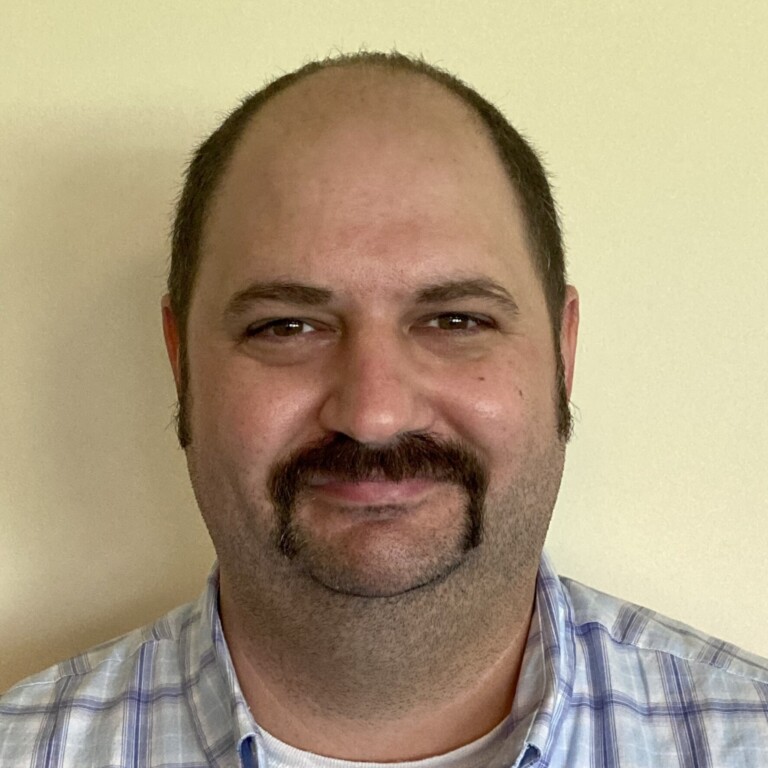Respiratory illnesses are on the rise on the First Coast, and we could see an even bigger increase now that the holidays are over.
The national Centers for Disease Control and Prevention said Florida has a high risk of respiratory illness compared with normal circulation periods. The CDC focused on the flu, COVID-19 and respiratory syncytial virus, or RSV.
According to data the CDC released Friday, 7.6% of all emergency room visits in the state involved one of those illnesses during the week ending Dec. 30. That number has steadily increased since the end of September. The percentage was 3.3% during the week ending Sept. 30.
Florida’s percentage of emergency room visits for respiratory illnesses is lower than the incidence nationwide. That stands at 8.9%, according to the data released Friday.
UF Health Jacksonville said it has seen an increase in respiratory illnesses since November. The hospital system says the flu, RSV and the common cold are the most frequent cases it has treated.
The hospital system said its respiratory viral season started in October, when it was seeing nearly 600 positive tests across the health care system. Now UF Health is reporting an average of 800 positive tests per month since November.
Chad Neilsen, director of accreditation and infection prevention at UF Health Jacksonville, said an increase in cases is typical as peopole gather for the holidays and cooler weather forces people inside, where they are more likely to catch something.
“It just makes for a big boiling pot of infectious diseases, and so what we have seen here in Northeast Florida since roughly October is the start of respiratory viral season,” Neilsen said.
Neilsen said the area could experience a 5% to 10% increase in respiratory illness cases over the next month or so as a result of the holiday.
Baptist Health said it has recorded more COVID-19 and flu cases, but RSV cases have been steady and trending downward.
To help prevent the spread of the flu, COVID-19 or RSV, some hospitals in parts of the United States are requiring masks for staff and some patients and visitors. In Northeast Florida, the Mayo Clinic, UF Health Jacksonville and HCA Florida Memorial say they are not requiring visitors or patients to wear masks, but both systems encourage people to wear them if they feel sick or have a cough.
Health officials say vaccinations are the best line of defense at preventing sickness, especially for immunocompromised people and young or older populations. Frequent handwashing and proper cough etiquette also are encouraged.
Respiratory viral season in Northeast Florida typically ends around March.
Lead image: Northeast Florida has hit the peak of respiratory virus season. l Towfiqu barbhuiya, Unsplash







